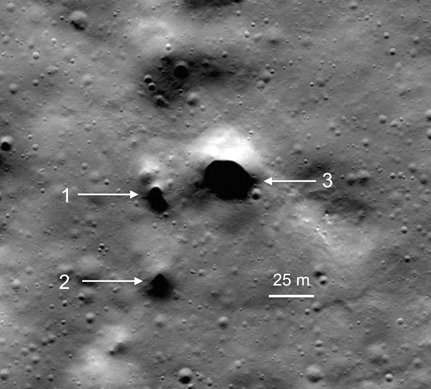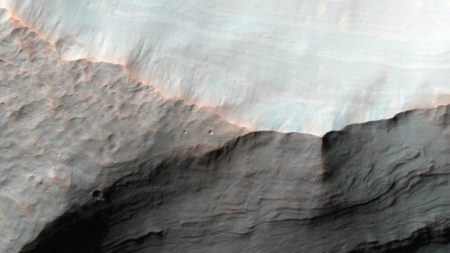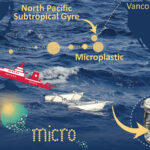January 13, 2018 – Whether talking about the ice worlds of the outer Solar System, the Moon, Mars, asteroids, and comets, it appears that there is “water, water, everywhere.” Ceres, and Pluto, two of our designated dwarf planets contain seas of water with eruptions from below becoming frozen on their surfaces. Europa and Enceladus actively spout geysers of water into surrounding outer space. Even on Mercury, the planet closest to our Sun, there is evidence of water.
The discovery of tube structures on the Moon has astronomers predicting an abundance of underground frozen water below the surface. Observed holes in a crater near the Moon’s North Pole indicate entrances to a network of underground passages leading to the interior and a source of ice. The tubes are remnants of a more volcanically active Moon in the past. So far 200 have been identified in other areas of the lunar surface, but these are at the Moon’s mid-latitudes and less likely to harbour ice deposits. The ones, however, recently identified lie at 70 degrees latitude and higher making them likely places where water ice has accumulated.

And now with radar data and images compiled by NASA’s Mars Reconnaissance Orbiter (MRO), we have proof of glacial amounts of water just below the surface of the Red Planet. A new paper, published on January 12, 2018, appearing in the journal Science, and entitled Exposed subsurface ice sheets in the Martian mid-latitudes, describes erosion features, exposed cliffs made of water ice which is slowly sublimating from the planet surface into its thin atmosphere. The ice sheets are as much as 100 meters or more in thickness.
So far seven locales have been identified with deposits of ice covering a significant amount of Mars from the mid-latitudes to close to the equator. Much of the ice lies a mere 1 or 2 meters below its surface.

Where did the water ice come from? Certainly not a recent phenomenon, they are likely deposits dating back to a period in the planet’s history when the atmosphere was much thicker and wetter. Finding water on Mars is no surprise. It’s where it is being found that is.
We’ve known about ice on Mars for several centuries as we have observed through Earth-based telescopes, the seasonal changes to the planet’s polar ice caps. Astronomers speculated that the ice wasn’t water, but rather frozen carbon dioxide (dry ice) precipitating from its atmosphere as the planet orbited the Sun. But we know from more recent observations that the polar ice caps are, in fact, more water than dry ice.
The existence of the ice caps was always seen as a sign that Mars could be habitable, that future human colonists could harvest water from these extensive ice fields. But as we have studied the weather and climate of Mars, any human settlement placed near the polar ice caps to harvest the water would face severe weather extremes making the locale inhospitable.
These newly discovered water sources, however, are far more appealing because they are located where Martian climate extremes are somewhat mitigated. The presence of high volumes of water ice makes settlement near these subsurface ice fields a much better proposition although still fraught with many other challenges.
And with all the other recent discoveries of water ice in abundance elsewhere in the Solar System, it serves as a bellwether sign for those here on Earth who see humanity’s future as an interplanetary species.















